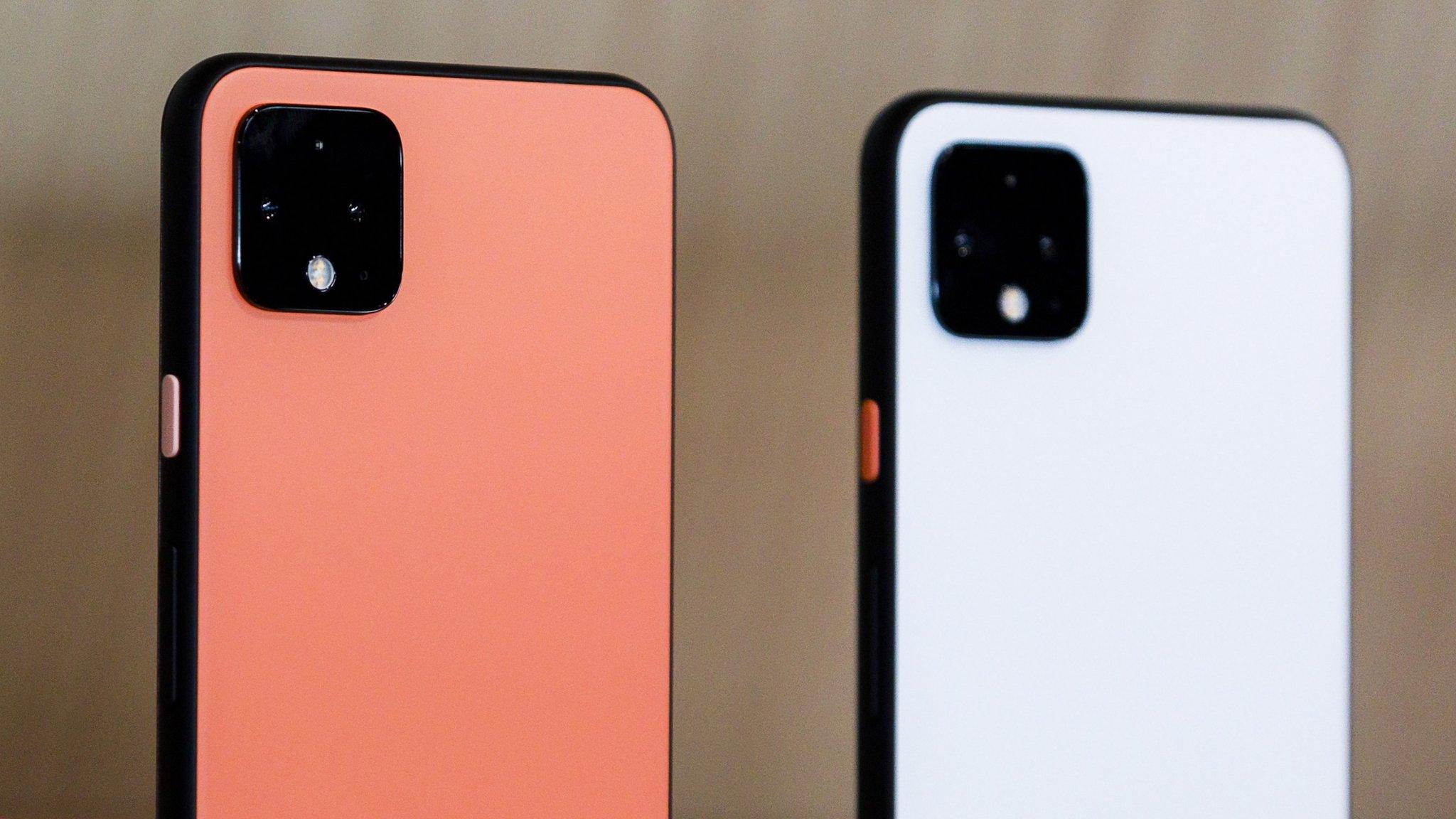Android 'spoofing' bug helps targets bank accounts
- Published

The loophole was found when a security firm probed how bad apps stole cash
A "major" security weakness in Google's Android software has let cyber-thieves craft apps that can steal banking logins, a security firm has found.
The bug lets attackers, external create fake login screens that can be inserted into legitimate apps to harvest data.
Thirty six apps have been found to have exploited the vulnerability, dating back to 2017.
Google said it had taken action to close the loophole and was keen to find out more about its origins.
"It targeted several banks in several countries and the malware successfully exploited end users to steal money," said Tom Hansen, chief technology officer of Norwegian mobile security firm Promon, which found the bug.
Lurking threat
The problem emerged after Promon analysed malicious apps that had been spotted draining bank accounts.
Called Strandhogg, the vulnerability can be used to trick users into thinking they are using a legitimate app but are actually clicking on an overlay created by the attackers.
"We'd never seen this behaviour before," said Mr Hansen.
"As the operating system gets more complex it's hard to keep track of all its interactions," he said. "This looks like the kind of thing that gets lost in that complexity."
Promon worked with US security firm Lookout to find instances of the malware in the wild.
"While Android has safeguards in place to defend against overlay attacks, by using Strandhogg attackers can still mount such an attack even against current versions of Android," Lookout blogged, external.
In a statement, Google said: "We appreciate the researchers' work, and have suspended the potentially harmful apps they identified."
It added: "Additionally, we're continuing to investigate in order to improve Google Play Protect's ability to protect users against similar issues."
Promon's chief technology officer welcomed Google's response, as he said many other apps were potentially exploitable via the spoofing bug. But he noted that it still remained possible to create fake overlay screens in Android 10 and earlier versions of the operating system.
- Published22 November 2019

- Published11 November 2019

- Published23 September 2019
